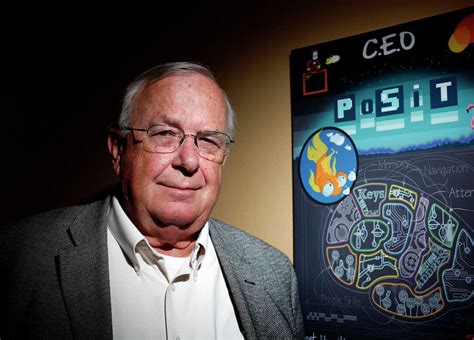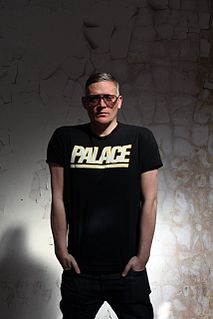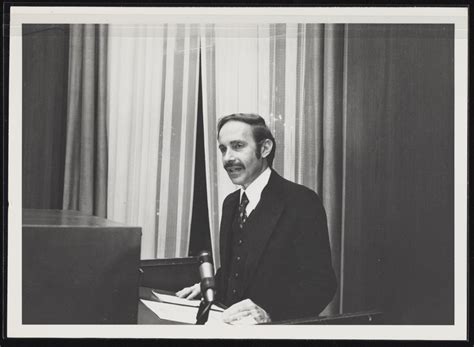A Quote by Virginia Woolf
The poet is always our contemporary.
Quote Topics
Related Quotes
The Internet is just one of those things that contemporary humans can spend millions of "practice" events at, that the average human a thousand years ago had absolutely no exposure to. Our brains are massively remodeled by this exposure--but so, too, by reading, by television, by video games, by modern electronics, by contemporary music, by contemporary "tools," etc.
The whole point is to take from our native culture and from contemporary culture without using one art form to mimic the other, so that our native identity remains the native identity, the contemporary identity remains the contemporary identity, and the mixing of these two musical identities creates a third musical identity.
One of the appeals of William Carlos Williams to me is that he was many different kinds of poet. He tried out many different forms in his own way of, more or less, formlessness. He was also a poet who could be - he was a love poet, he was a poet of the natural order and he was also a political poet.
More than any other contemporary British playwright, Tom Stoppard populates his plays -- from Rosencrantz and Guildenstern Are Dead to The Invention of Love (his portrait of the poet and scholar A. E. Housman) -- with characters from life and literature. But one cannot always tell the difference between those who are real and those who are imaginary.



































